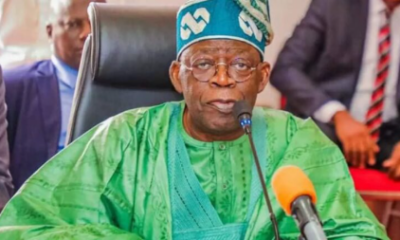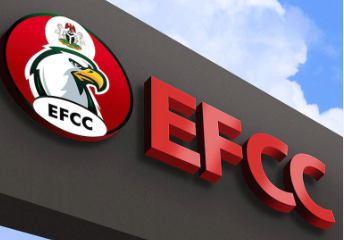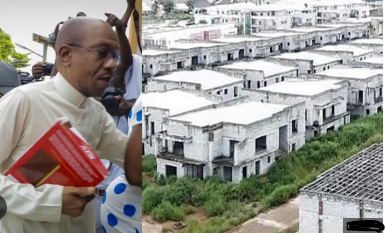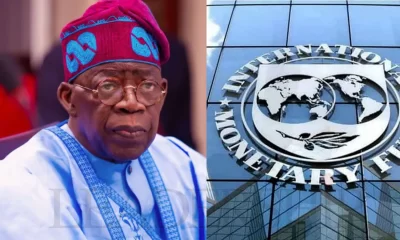Nigeria’s foreign reserves which stood at $34.493 billion in January 5, this year fell to $29.342 billion on last week, representing a drop of 15 per cent.
The dwindling crude oil price which last week fell to $31.49 per dollar has forced the Federal Government to opt for local and international borrowing of $1.8 trillion to fund the budget deficit of N2.22 trillion, equivalent to 2.16 per cent of Nigeria’s Gross Domestic Product (GDP).
A financial analyst, CEO, Proshare Nigeria Limited, Femi Awoyemi said the financial markets have been subjected to prolonged socio-political and economic challenges during the year while awaiting direction of government policies. He said with the formation of the cabinet and announcement of the budget, 2016 promised to be a better year, but added that it was only those who would adapt to the unfolding changes would benefit from such adjustments.
President Muhammadu Buhari’s N6.08 trillion 2016 budget with renewed hope announced last week could not stop the bleeding stock market which closed with market captalization of N9.124 trillion on last week, down from N11.478 trillion in fourth quarter last year.
In the money market, the inability of the Central Bank of Nigeria (CBN) to meet traders demand for forex heightened pressure on the dollar, forcing the Naira to crash at N280 per dollar in the parallel market a fortnight ago.
In the money market, the failure of the Central Bank of Nigeria (CBN) to meet the demand of businesses triggered off the free fall of the Naira to 280/dollar before rising to 270/dollar last week.
The decision of the CBN to cut the amount it sold to each of the 2,270 Bureaux de Change (BDC) operators that participated in the previous day’s sale to $10,000, down from the $30,000, aggravated the fall.
The Director, Monetary Policy Department, CBN, Mr. Moses Tule, blamed the free fall of the Naira on speculators whom he accused of taking positions on the currency with a view to making excess gain from currency trading.
According to Tule, currency speculators were determined to put severe pressure on the monetary authorities in order to ensure that the CBN further devalued the naira.

 Entertainment6 days ago
Entertainment6 days ago
 Health5 days ago
Health5 days ago
 Crime5 days ago
Crime5 days ago
 Education7 days ago
Education7 days ago
 Health7 days ago
Health7 days ago
 Comments and Issues6 days ago
Comments and Issues6 days ago
 Football6 days ago
Football6 days ago
 Latest6 days ago
Latest6 days ago













